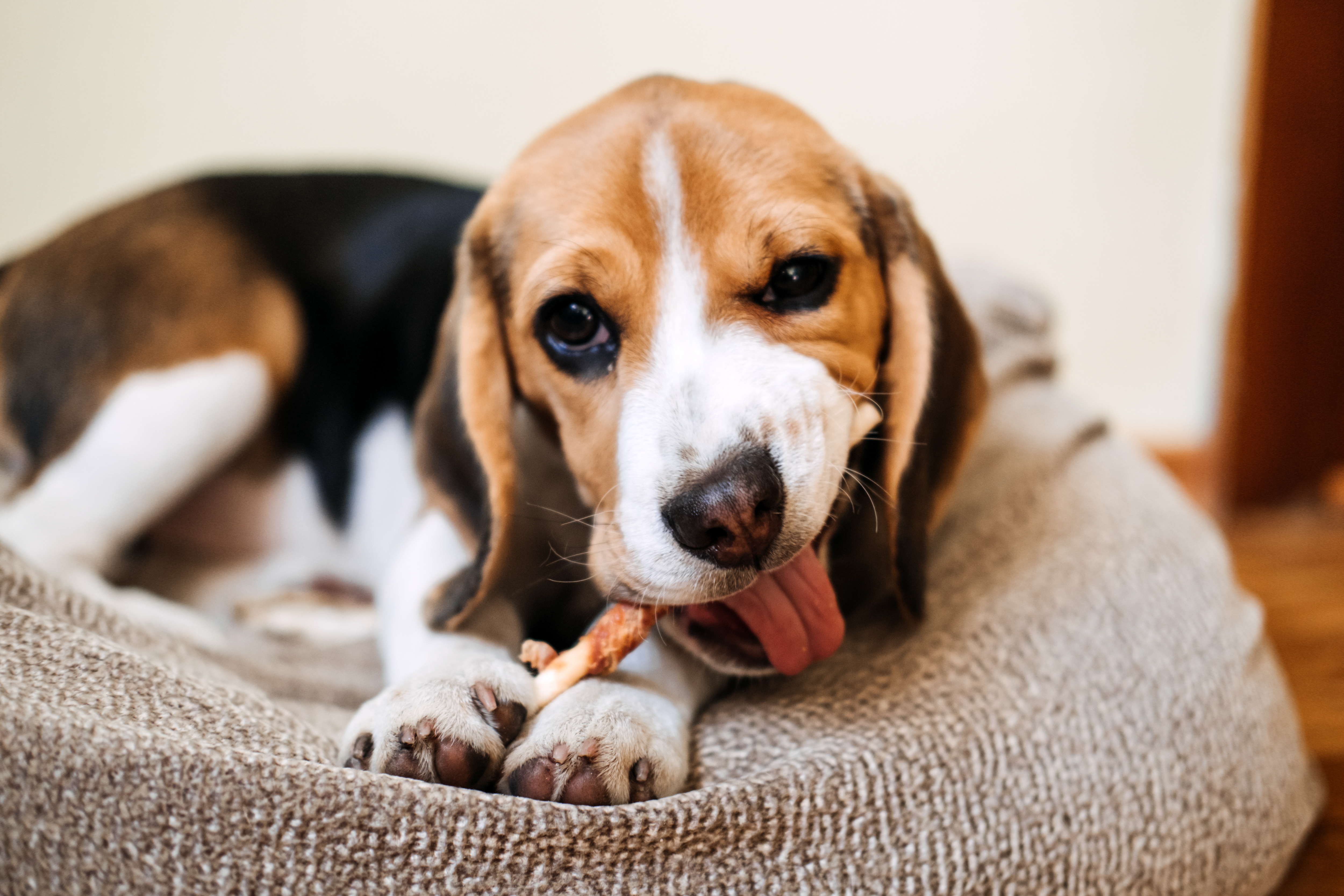10 Genius Hacks to Stop Your Dog From Chewing Everything in Sight
Chewing is a natural behavior for dogs, rooted deeply in their instincts and development. Understanding why dogs chew is the first step in preventing your home from turning into a chew toy paradise. Puppies chew as a way to explore their world, much like human infants. It helps them relieve the discomfort of teething. For adult dogs, chewing is a way to keep their jaws strong and teeth clean. It also combats boredom and can relieve mild anxiety or frustration. By understanding these motivations, owners can better address the underlying causes of destructive chewing. Instead of viewing it solely as a problem, we can see it as an opportunity to guide our dogs toward more appropriate chewing habits.
1. Identifying Chewing Triggers

To effectively address chewing, it's crucial to identify what triggers this behavior in your dog. Common triggers include boredom, anxiety, teething, and lack of appropriate outlets for natural instincts. Observing your dog's behavior can provide valuable insights into their specific triggers. For instance, if your dog tends to chew when left alone, separation anxiety might be the root cause. Alternatively, if chewing occurs after long periods of inactivity, it might be due to boredom. Once you've identified the triggers, you can tailor your approach to address them directly. For example, if boredom is the issue, increasing physical and mental stimulation can help. If anxiety is the culprit, strategies such as crate training or using calming aids might be effective. Understanding the unique triggers for your dog is essential for developing a successful prevention plan. This section emphasizes the importance of observation and understanding in crafting a personalized approach to managing destructive chewing.